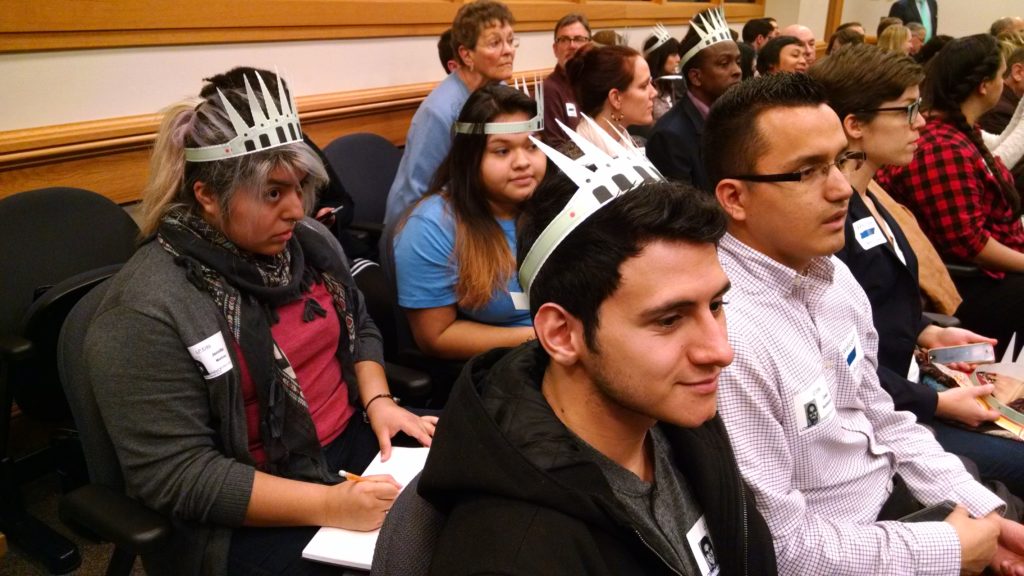
State lawmakers sought assurances Wednesday afternoon that Tennesseans are being protected as the country weighs an influx of Syrian refugees.
But they were told by safety officials that refugees aren’t much of a threat.
Lawmakers from the Tennessee Senate and House of Representatives gathered at Legislative Plaza for an exhaustive hearing that they said was meant to shed some light on how refugees are vetted before being allowed into the United States.
Tennessee has received about 30 refugees from Syria over the last year — a number that is expected to grow to a few hundred, if the U.S. State Department goes ahead with plans to allow in as many as 10,000 Syrians over the next year.
The hearing was put on the schedule soon after the Paris attacks, amid reports that at least one of the shooters may have posed as a Syrian refugee. Since then, the shooting in San Bernardino has heightened concerns that Islamic radicals could try to infiltrate the country through resettlement.
But officials from the Tennessee Department of Safety said it’s rare for refugees to be involved in terrorism. They said only eight people, including two Cubans, have been involved in a terrorist plot since the Sept. 11 attacks in 2001.
In many cases, the refugees came to the United States as children, and in every case, their radicalization came a decade or more after they were resettled. None tried to use the refugee resettlement process in their plot.
In fact, said David Shedd, a former director of the U.S. Defense Intelligence Agency who now works for the conservative Heritage Foundation, the best thing Tennesseans can do to improve their safety is treat refugees with respect.
“The idea of assimilating them, and embracing them and welcoming them as much as possible, as quickly as possible, is absolutely critical.”
Shedd’s advice didn’t satisfy Sen. Kerry Roberts. The Springfield Republican said Tennesseans want to know Syrians are being properly vetted.
“When my constituents ask me if they are safe, based on the people coming into the country in this program, what am I to tell them?” Roberts asked. “Yes or no?”
Shedd responded that there’s no way to tell Tennesseans they are completely safe. He said the U.S. has less intelligence inside Syria than other countries, making it difficult to verify details of refugees’ stories.
Holly Johnson, the refugee coordinator for Catholic Charities, tried to offer more assurances. She said the process of vetting refugees takes at least 18 months and often several years.
During that time, refugees are interviewed in person by State Department officials and undergo extensive background checks.
“The longest and hardest way to come to the U.S. is as a refugee,” Johnson said.
Tennessee turned over refugee resettlement to Catholic Charities seven years ago. It’s one of 11 states that doesn’t run its own resettlement program.
Some lawmakers suggested Wednesday it’s time for Tennessee to take back control of the program.


